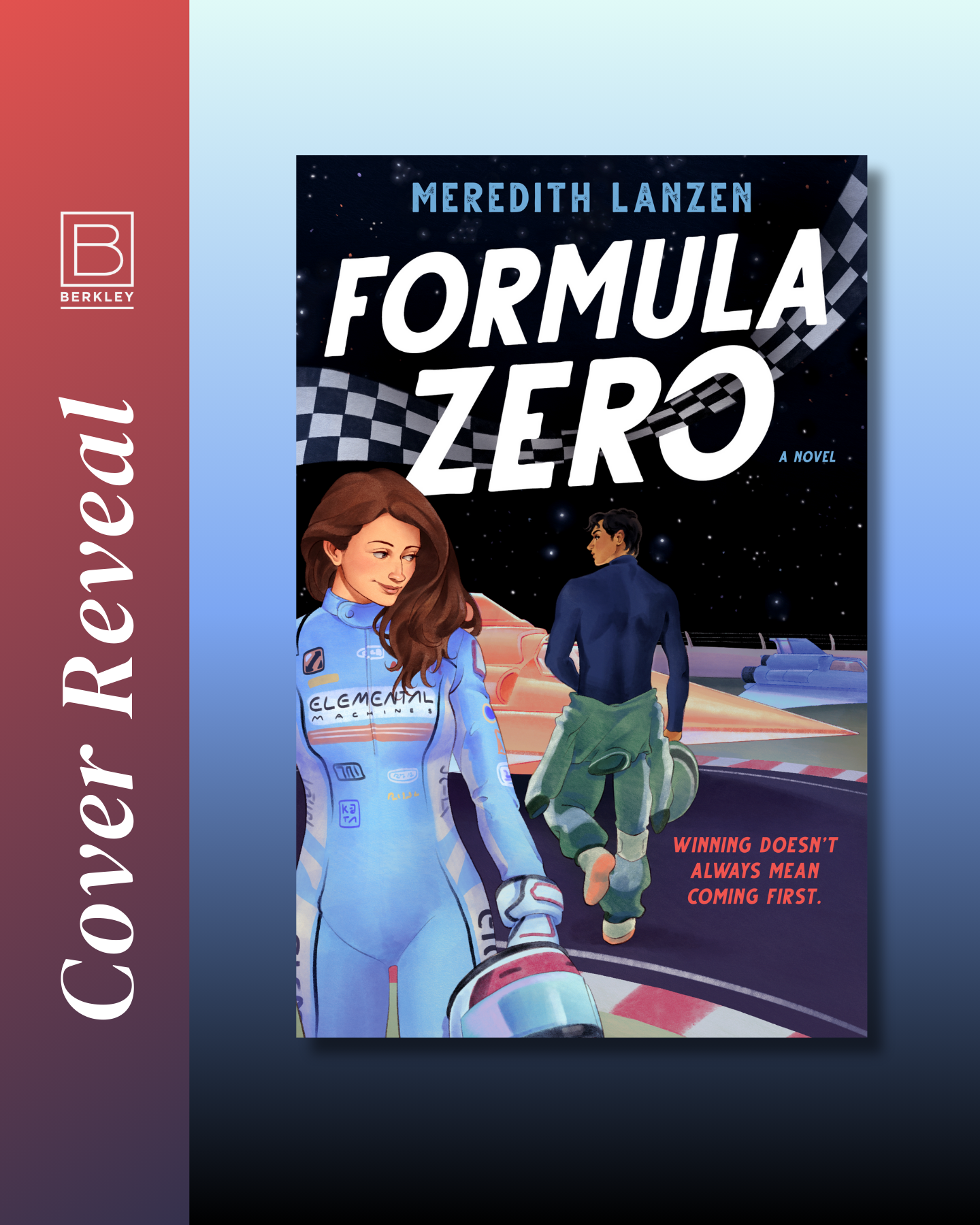
I’ve officially been open to queries for just over a month now. In that period, I had just over 500 authors in my inbox, with around 200 that I’m yet to look at. So far, I have requested 23 full manuscripts, half of which I’m yet to decide on, and made two offers. It’s been a busy month with many hard decisions – for varying reasons I had to pass on queries that I am convinced will sell quickly and do well, projects that I couldn’t stop reading and many, many stories that showed great potential.
To my great joy a large share of the queries coming my way were from marginalized authors –I’d say about 70% were from writers of colour, writers who identify as neurodivergent and/or disabled, queer writers and writers who are writing in English as a second (or third) language.
I’d like to talk about some of the trends I’ve seen my query inbox, as there’s some really small things that can elevate a query.
Probably my biggest bugbear are queries that copy the sample (and to a lesser extent, the synopsis) into the body text of the email. It makes it much harder to read and to be willing to give the story time to possibly convince you. I’ve had a few queries that only contain the query letter and no further documents. For both of those reasons, please just attach your materials, it makes our life much easier.
I’d like to reiterate that submission guidelines are there for a reason – and they may differ vastly between agencies. Do try to adhere to these as much as you can. I’ve had a few that specifically state “as per your submission guidelines” … quoting information that doesn’t apply to our agency. For me, having queries in the correct format is far more important than receiving personalized emails. Send me your materials and make sure to mention the title of your project and genre in the email – and please don’t worry about needing the perfect pitch, the perfect query letter. I look at the partial manuscript of every project that crosses my desk. I have found that the first few pages decide whether I want to keep looking at a story, and that good query letters don’t necessarily translate to great writing and vice versa.
I’ve found that a lot of authors are apologetic about their lack of credentials in their emails. But, you have all the credentials right there in form of your manuscript. We ask you to tell us about yourself not because we want to vet your credentials, but to see what kind of person you are. The agent-author relationship is a long-term close collaboration, interested in the author as a person and their entire career. We are just as keen to make sure it’s a positive working relationship as you are.
And if you permit me giving you one last piece of unsolicited advice, remember that you are interviewing agents as much as they are interviewing you. Having someone who gets you and your work and who communicates in a way that works for you is much more important than having an agent for the sake of having one.

.png)
